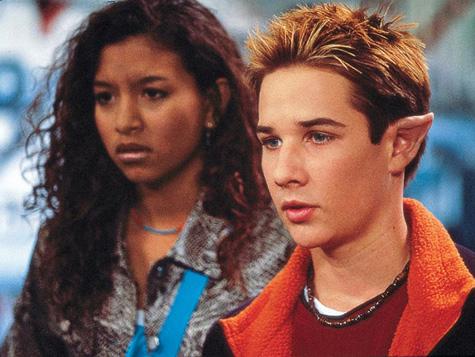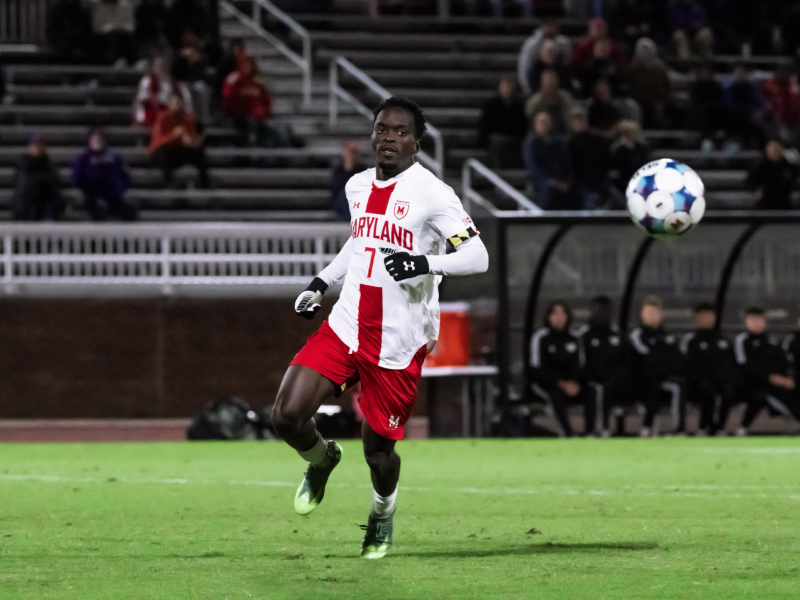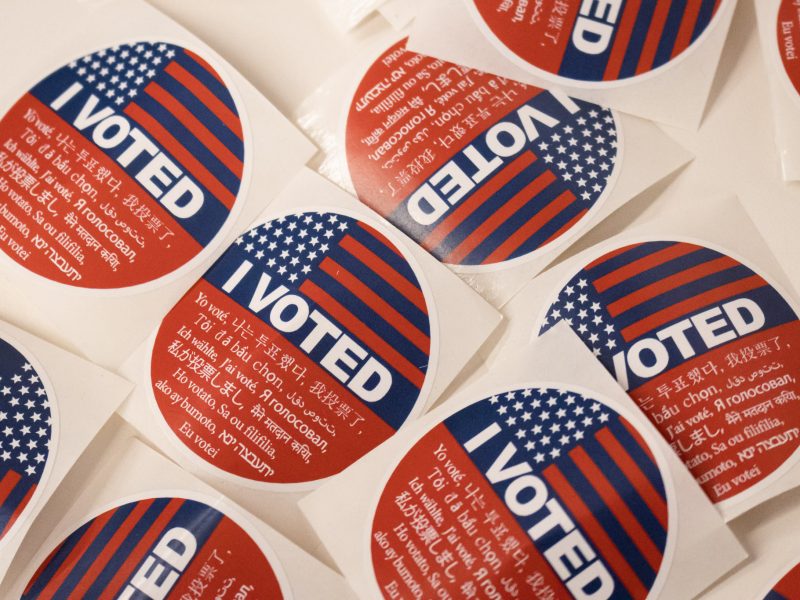
Valiant effort, Johnny Tsunami, but you just can’t beat those ears and hair.
Here’s a link to the Disney Channel Original Madness main page with polls.
Johnny Tsunami
There comes a time in every white person’s life during which they develop an interest in extreme sports. My fascination started early, sometime in elementary school, due to three facts:
1. I enjoyed the overwhelmingly fun Tony Hawk video games;
2. I attended the X Games live; and
3. I lacked any innate athletic ability.
I also didn’t have many friends in elementary school, so it was only through television that I could experience the wild side.
That’s where Johnny Tsunami comes in. For an unpopular elementary-schooler, a Disney Channel Original Movie was the closest Friday night got to human interaction. There was something intensely relatable about the protagonists in all the best DCOMs: They were outcasts played by average-looking actors with below average talent. They were me on screen, except they usually had some crazy ability. And the super power I wanted most at that age? Extreme sports, brah.
Johnny Kapahaala seemed like he had it all. He lived in Hawaii with his family, surfed and hung out with his grandfather, legendary surf champion Johnny Tsunami (thus named for having won the Tsunami Medal in his heyday). Young Johnny becomes quite the surfer, but all is not well in paradise. His hard-working father disapproves of the simple, surf-centric lifestyle advocated by Grandpa Tsunami, who, ignoring the Orientalist critiques one might raise, is a pretty rad dude.
The clash of traditional versus modern lifestyles only escalates when Johnny moves to Vermont with his family. Johnny attends a high-class private school where he is immediately identified as “Other” by the snobby skiers who surround him. These spoiled students squander their time in school bullying and skiing, a poignant representation of the bourgeois’ exploitation of the lower class in post-industrial capitalist societies. The “skies” (private school) pick on the “urchins” (public school kids) because they snowboard instead of ski. The class struggle continues, my friends.
Everyone knows snowboarding is cooler than skiing. You can’t do tricks on skis because if you could, Shaun White would have done them. In addition to being over-privileged, judgmental bullies, the “skies” only ski. Unlikable.
Noble Johnny, on the other hand, reaches out to the snowboarders and tries learning their craft, hoping his skills on the surf board might translate to smooth rides on fresh powder. It’s the Disney Channel, so of course they do. That’s not enough to keep him and his new snowboarding friend from fleeing to Hawaii as stowaways on an Air Force flight, however (amazing).
At this point, Johnny is a surfing-snowboarding-stowaway and comrade in class warfare, and during commercial breaks I am jumping up the stairs so I can pretend to snowboard down them. I was Johnny! We were all Johnny.
Well, Johnny Sr. does the ultimate old-guy-cool thing and lets the boys make their own decision whether to stay or go, but under his mature tutelage, they know the right thing to do is return to the mountains of Vermont and challenge the skiers to a race down the mountain. Oh, hell yes, it’s on.
Johnny obviously wins the race, and after that, honestly, it just gets pretty terrible. He gets the girl but fails to complete the revolution like a true proletariat and seize control of the mountain for the working class “urchins.” Again, it’s Disney Channel we’re watching here, and we all knew going in the ending would be about sharing, and the formerly villainous characters would somehow be humanized.
I’ve since grown up and acquired new, non-extreme sports hobbies and even made friends with non-fiction people. But Johnny Tsunami remains important. He taught me about persistence and why it’s important to be proud of yourself and where you come from. He taught me to to learn from mistakes, and that rich people are assholes. Above all, Johnny taught us all that if you can do one thing on a board, you can likely do another related thing on a similar board. And that seems important.
–Jake DeVirgiliis
The Luck of the Irish
At the heart of its splendor and timeless joy, The Luck of the Irish has a soul strong enough to conquer any evil Irish fairy: Ryan Merriman.
We tend to think of DCOMs as one-off hits for Mickey Mouse’s network.
Sure, an occasional star like Hilary Duff or Zac Efron will parlay success from their films into a solid three or four years of tween adoration. But Merriman, despite his lack of shirtless presence on the walls of the young ladies of America, has held his own. He was the lead actor in Final Destination 3. Heck, he’s even starring in the upcoming and highly anticipated Jackie Robinson biopic 42, albeit in a small role as a fellow ballplayer.
Merriman’s career, still enduring in spirit and quality, oddly mirrors the passion and fire of his Irish roots.
Yes, generically named Kyle Johnson (Merriman) is pretty darn lucky, and no one knows why. His high school bros badger him about it incessantly, as all TV and film high school bros do about everything.
But when the luck runs out after a strange carnival experience, and Kyle’s Erin Go Bragh heritage is finally revealed, we get a sense of depth — of connection to a past.
This movie is absurd, as are many DCOMS. Despite my love for The Luck of the Irish, I am fully aware that I should have no connection to a 200-year-old grandfather, an evil Irish fairy banished into Lake Erie and the stunning development that Kyle cannot be a full leprechaun because his father is from Cleveland (yet another cruel joke for a city built upon cruel jokes).
But I connect to the film, as all of us do, because it tells real stories, not just fanciful fluff. Beneath spells and magic coins are conflicts in family, pressure to succeed in the unforgiving world of high school (particularly sports) and a need to feel connected to one’s roots.
We, as young people, often tend to think only about ourselves and the happenings in our little spheres. We see that Kyle, too, as the toast of the town in basketball — and really in life — has a family that he doesn’t value enough.
But success that lasts has roots in the strength of clan, roots in managing the unmanageable and being stronger for it.
The movie ends, as do most DCOMs, with happiness, togetherness and a walking-into-the-sunset atmosphere.
But, as a middle schooler watching this for the first time while going through those harrowing years, that sort of thing is what I needed. Isn’t that what some of us need today — that notion that regardless of what happens in life we are going to be OK if we stick together with those closest to us and do the right thing?
These lessons are what I gathered from a little 86-minute 2001 movie starring the future lead in Final Destination 3. It helped me get through a rough time in adolescence and, with any luck, just might help you today.
–Tyler Weyant



